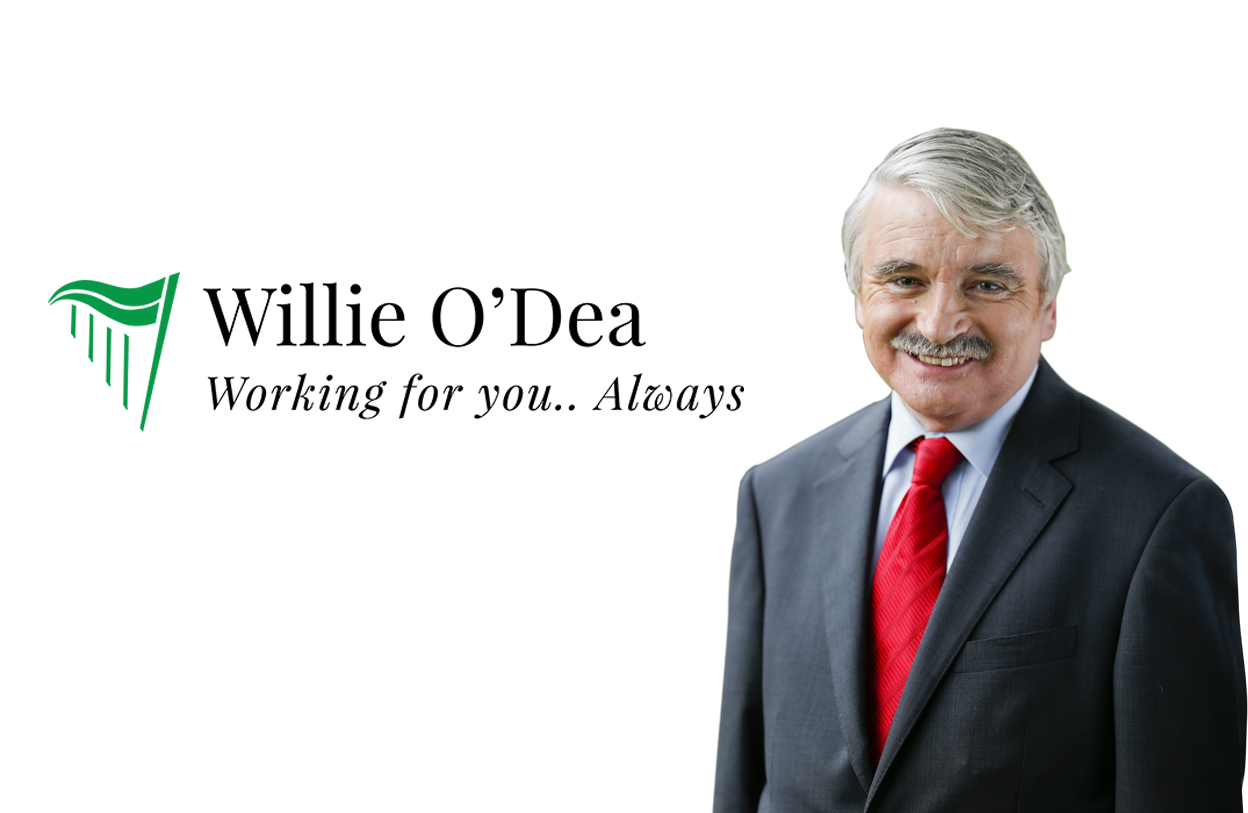 Some months ago here I outlined how ministers in this Government can be divided into three distinct categories: the high=flyers, the passengers and the weak links. Leaving aside the temptation to label them all as passengers following their mass exodus to Brussels, the events of the days before and after that modern-day flight of the earls did see some former high-flyers and passengers move into the weak link category.
Some months ago here I outlined how ministers in this Government can be divided into three distinct categories: the high=flyers, the passengers and the weak links. Leaving aside the temptation to label them all as passengers following their mass exodus to Brussels, the events of the days before and after that modern-day flight of the earls did see some former high-flyers and passengers move into the weak link category.
The latest two big movers are, coincidentally, both Labour. They join Dr Reilly, Phil Hogan and Joan Burton in the weak links chamber. A former occupant, Alan Shatter, may have slipped himself back into the passenger zone thanks to weeks of silence, but I don’t expect that to last too long.
First of the movers is Brendan Howlin. His complete mishandling of the allowances saga has damaged him badly, probably beyond recovery. Having spent months lecturing and hectoring his colleagues to make tough decisions and make painful cuts in their budgets, he showed himself incapable of doing the same.
He has lost all credibility, particularly on the Fine Gael benches. His remit was to reform civil service pay and conditions.
He gave himself almost 18 months to achieve it. He set the timeline, he set the targets and he ran the process.
The outcome, missing his first year target of €75m by a whopping €70m, is down to him alone. He has gone from being a commanding cabinet high-flyer to a weak link with virtually no authority in the area for which he has responsibility. But he may still retain some grudging respect among the Labour backbenchers.
The same cannot be said for his leader and fellow weak link, Eamon Gilmore. The Tanaiste’s slide down the Government’s rankings started almost within days of his taking office. By opting to take the Foreign Affairs portfolio rather than a senior economic one, he signalled that he only really wanted to be a passenger from the outset.
Since then he has shunned and avoided tough decisions and confrontation with his Fine Gael partners at every opportunity. Over the past few weeks we have witnessed him abandon a party colleague who was sticking with the agreed programme for government in favour of supporting the Fine Gael minister who wasn’t.
To Eamon this looked like the path of least resistance. He never really thought Roisin Shortall would walk;. He could never contemplate that mere principles or policy disagreements would compel her to act.
Even her departure and dark murmurings within his own party couldn’t even get him to shift ground.
His dogged determination to defend Dr Reilly puts most FG ministers to shame.
Even as new facts emerged, and other supposed facts — like the claim that it was the last government which had selected Balbriggan — were shown to be wrong, Gilmore was still holding the line: the FG line, that is.
The contrast between Gilmore and past Labour tanaisti is startling. No one in Labour believes that Gilmore will ever be prepared to pull the plug on this Government, no matter what. Many suspect that he will have to be dragged from Iveagh House after the next election if the polls are right.
The ease with which he watches two TDs and two junior ministers quit the party whip, never mind office, is staggering. Any other leader would take these actions as signals that something is wrong, but not Gilmore.
Like Howlin, Gilmore has rendered himself ineffectual and powerless. His two immediate predecessors now command more respect and authority in Government than he does, though that is more from the Fine Gael side than their own.
One third of this Government are now weak links, over another third are passengers, with just a handful of high-flyers. While he may want to dismiss such talk in public, the Taoiseach will soon have no choice but to make big changes to his ministerial team if he is to have any hope of getting anything done.
While it may not be in his own interests to dump the weak links, particularly people like Hogan and Reilly who are largely responsible for him retaining his leadership back in 2010, it is certainly in the country’s interest — and preferably before our EU Presidency in the first half of next year.


